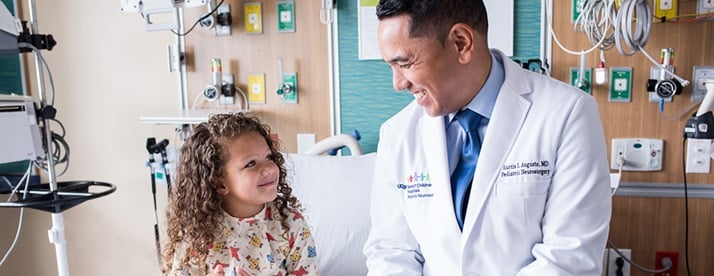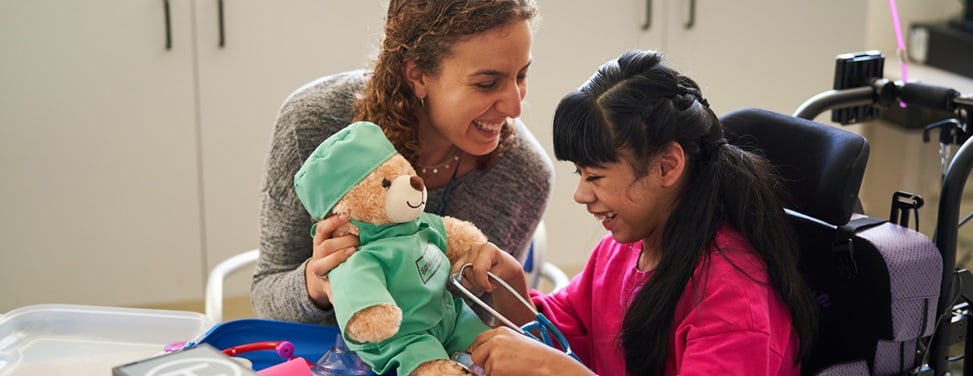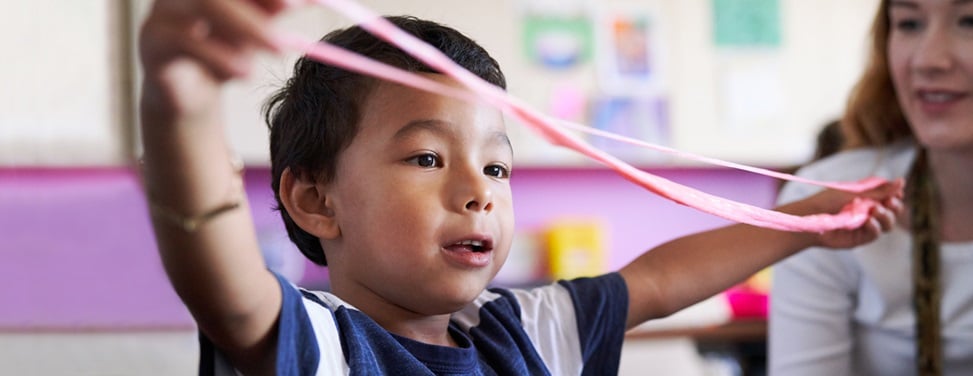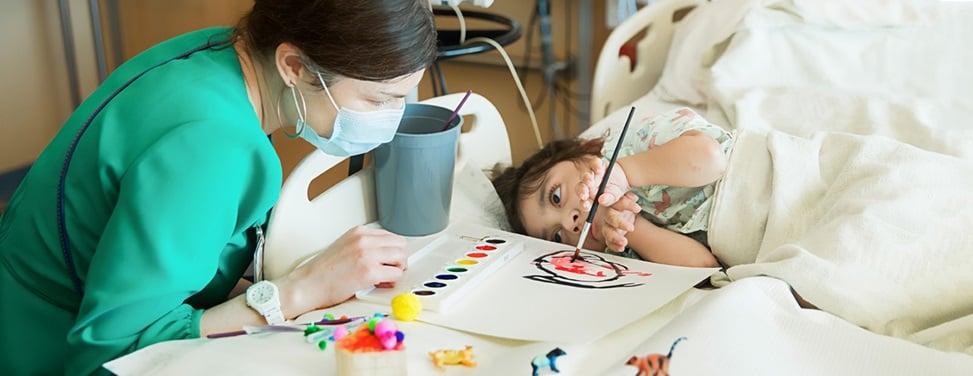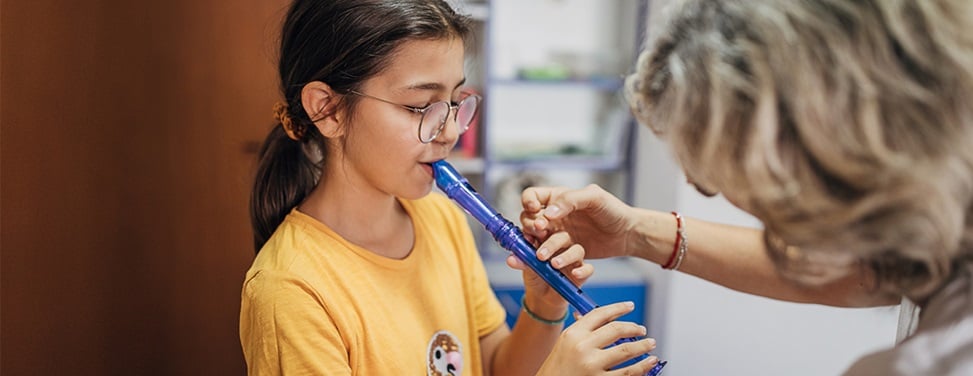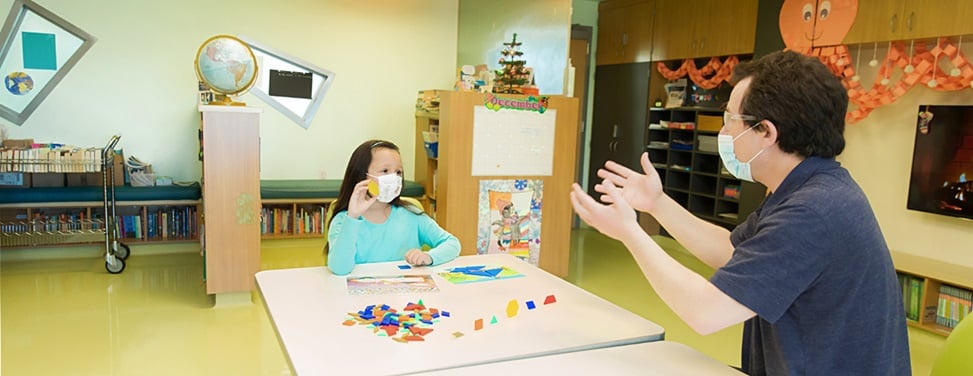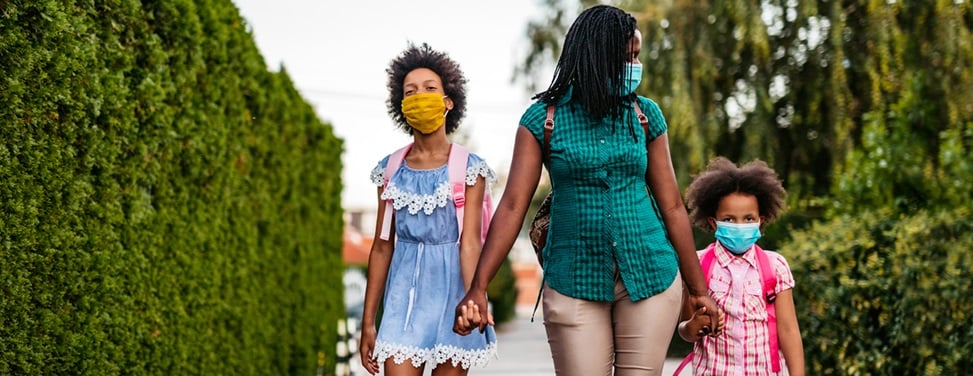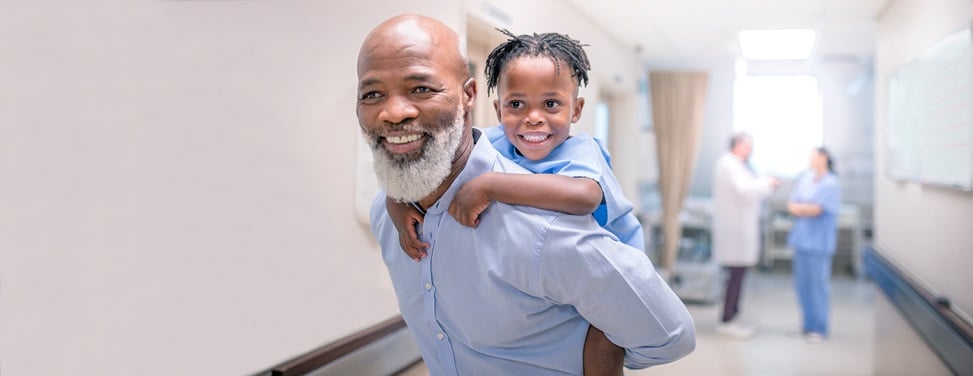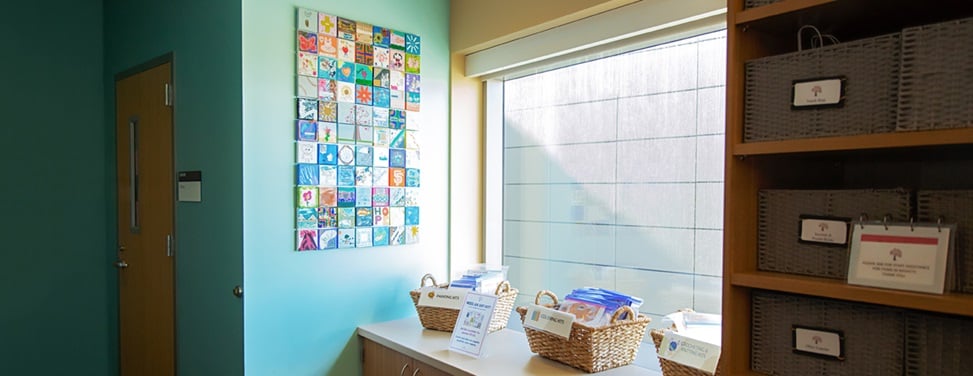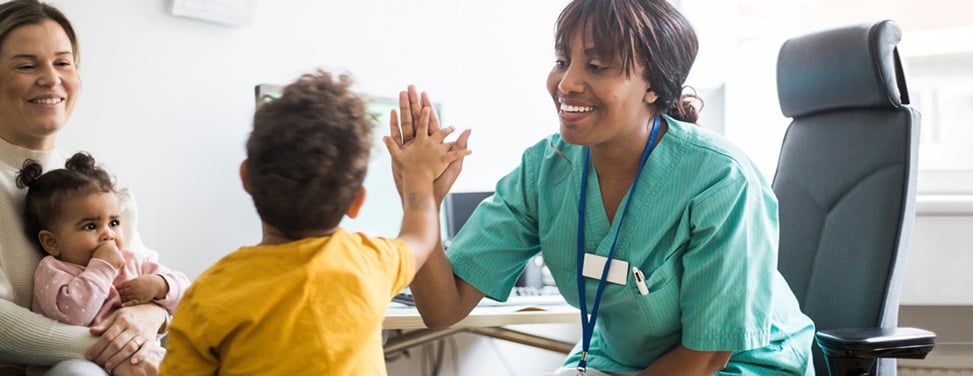
Survivorship Program
The Pediatric Survivorship Program cares for patients who overcame childhood cancer, as well as those who received bone marrow transplants. These individuals are at risk for other health issues over their lifetimes because of complications from the disease or its treatment. Our team of oncologists, psychologists, social workers, nurses, researchers and dietitians provides long-term follow-up care, medical monitoring and education, with the goal of helping people understand and manage their risks.
In the U.S., an estimated 1 in 600 adults between the ages of 20 and 39 had cancer during childhood. Thirty years after diagnosis, a survivor’s risk of death is eight times higher than that of the general population, and survivors commonly face a variety of medical and psychosocial issues later in life. Physically, late effects can include second malignancies, organ dysfunction, infertility, endocrine disorders, obesity, diabetes, impaired growth, neurological problems, chronic pain and early death. Psychosocial issues may result from the stress of having had cancer and anxiety about possible effects to come. Survivors may experience cognitive dysfunction, depression, anxiety, PTSD, low self-esteem, academic challenges, unemployment, inability to work consistently, substance abuse, interpersonal problems, lack of health insurance, and lasting financial distress. Dedicated survivorship care can improve, prevent or manage these effects.
The goals of the Survivorship Program include the following:
- To help survivors and their families recognize and cope with the potential late effects of treatment
- To provide psychosocial support
- To serve as a link to other specialists and testing services, as needed
- To assist primary care providers in meeting each survivor’s overall health needs
- To contribute to survivorship research that will ultimately improve care
Services offered
A visit to the Survivorship Clinic includes:
- A thorough review of all prior treatments
- An examination with a doctor who specializes in survivorship and will review diagnosis, treatment and potential impacts on the individual’s present and future health
- Consultations with a social worker, psychologist and dietitian
- Referrals, as needed, to subspecialty care, such as endocrinology, fertility, cardiology and gastroenterology
- Scheduling of recommended tests, such as blood work, heart function evaluations, hearing assessments, pulmonary function tests and bone density scans
All patients return to their referring physicians for ongoing care. Patients receive an individualized survivorship care plan that’s summarized on a wallet-size card or in a secure electronic document for easy reference at future meetings with doctors and other care providers. Patients are welcome to return in five to 10 years for a follow-up evaluation, which may reflect new guidelines on managing cancer survivors. There is no upper age limit for the patients we see.
Adolescent and adult care
Studies have shown that pediatric cancer survivors do better with consistent treatment through adolescence and young adulthood. We are available to facilitate such care and to ease the transition from pediatric to adult care at the appropriate time.
Resources for health care providers
Health care providers can learn more about long-term needs of survivors by consulting the follow-up guidelines of the Children's Oncology Group.
Our locations (2)
Awards & recognition
-

Ranked among the nation's best in 11 specialties
-
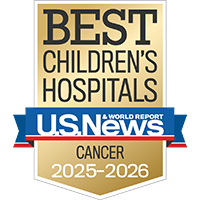
Top 10 in the nation and best in Northern California for cancer care
Plan your visit
What to Bring
- Photo I.D.
- Health insurance card
- Insurance authorization, if required
- Doctor's referral, if required
- Recent test results related to your child's condition
- List of medications, including dosages, plus any your child is allergic to
- List of questions you may have
- Device or paper for taking notes
Support services
Related clinics (8)
 3
3
Bone Marrow Transplant, Cellular and Gene Therapy Program
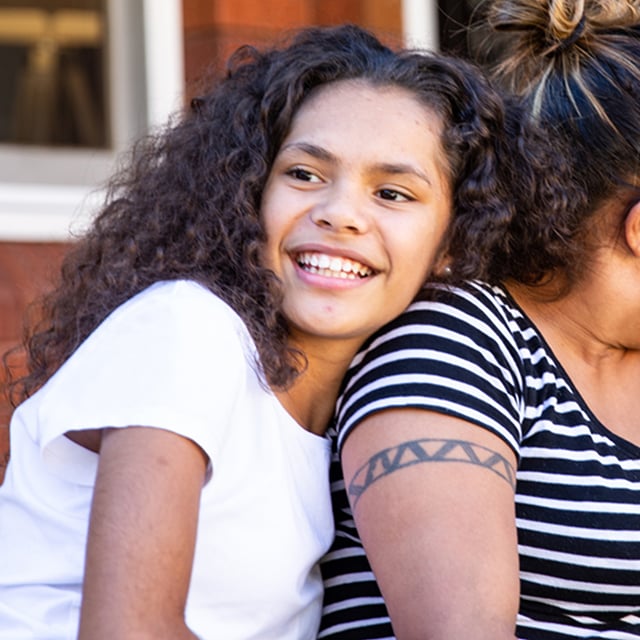 7
7
Hematology Clinic

Orthopedic Surgical Oncology Clinic
Clinical trials
A Study Using Risk Factors to Determine Treatment for Children With Favorable Histology Wilms T...
Kaplan-Meier method will be used to estimate 4-year EFS, defined as the time from randomization or first diagnostic nephrectomy or biopsy until relapse or disease progression, secondary malignancy, or death.
Recruiting
More about this studyA Study With Tovorafenib (DAY101) as a Treatment Option for Progressive, Relapsed, or Refractor...
Will be analyzed descriptively.
Recruiting
More about this studyMobile App to Help Survivors of Childhood Cancer Navigate Long-Term Follow-Up Care
The knowledge of the participant will be measured using a 12-item questionnaire that assesses the awareness of their treatment and health issues in four categories: (1) diagnosis, (2) treatment, (3) risks, and (4) recommended foll...
Recruiting
More about this studyLong-Term Follow-Up of Patients Who Have Participated in Children's Oncology Group Studies
Recruiting
More about this studyOur research initiatives
Learning never stops
Our classroom and bedside classes help kids get credit and keep learning during treatment.
See our school program
































